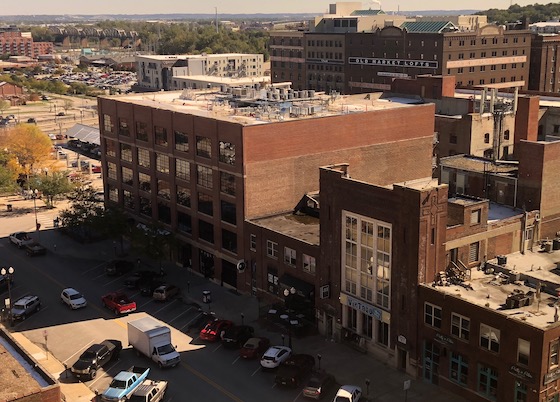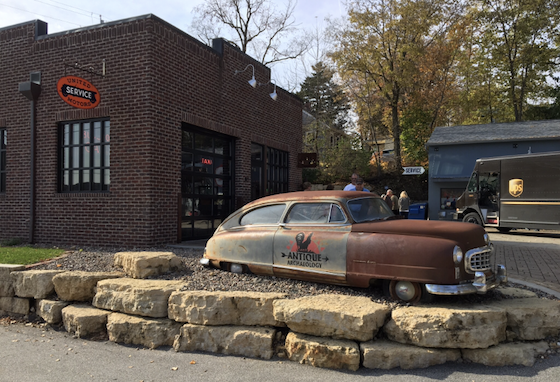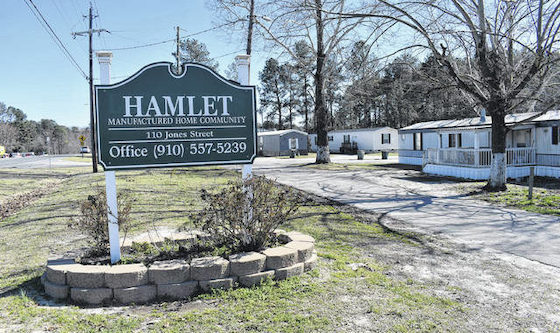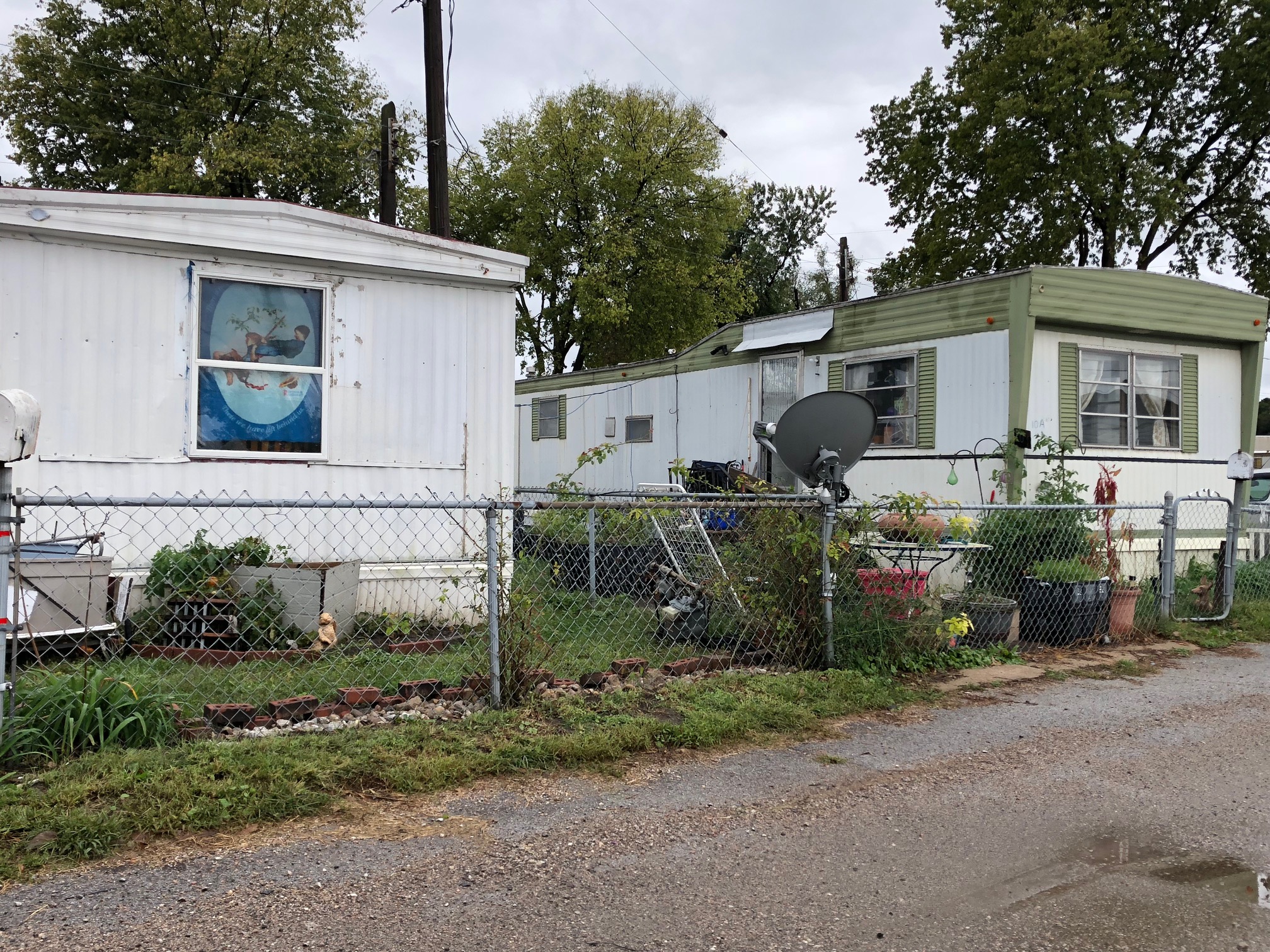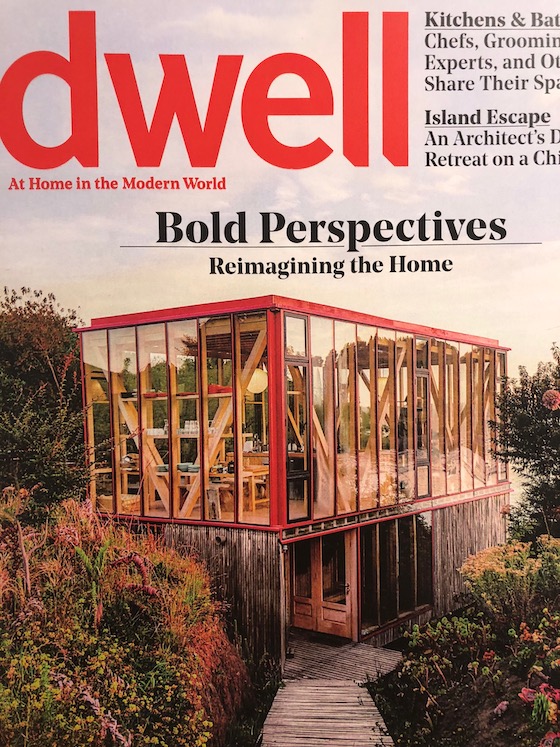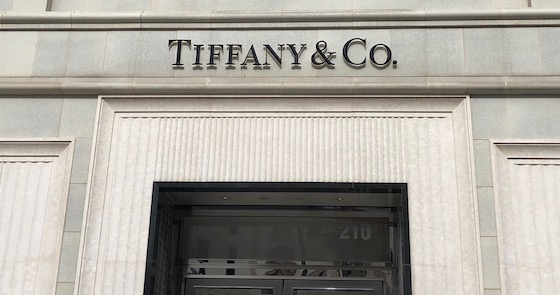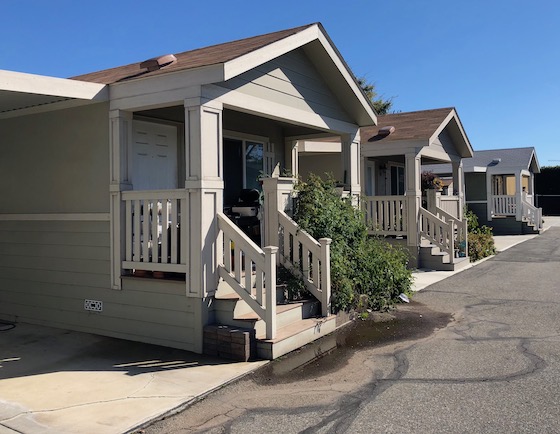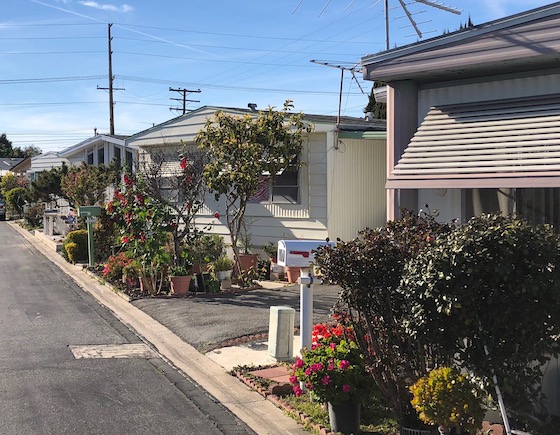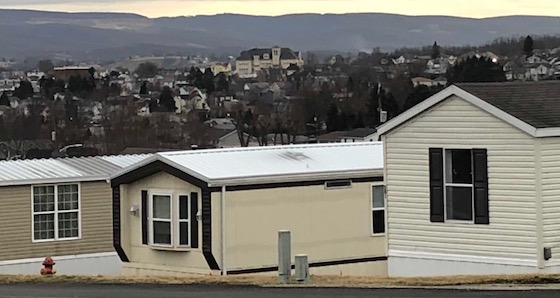We have traditionally bought mobile home parks that are broken and need a total turn-around. We’ve selected this niche because it’s the most profitable. But it’s also the most difficult. Here are the normal steps required to turn around a mobile home park, in the order of enactment.
Identify the action plan
Every property has different action steps to bring it to its full potential. These may include some or all of the following: 1) improving roads 2) improving water & sewer utilities 3) improving entry and common area appearance 4) increasing pride-of-ownership of residents’ properties 5) remodeling and filling vacant park-owned mobile homes 6) filling vacant lots 7) remodeling and filling vacant stick-built housing or commercial structures 8) filling vacant storage units 9) filling vacant RV lots 10) raising rents 11) submetering and billing back utilities and 12) fixing city permit problems. Each item has its own unique solution, and these must be enacted as soon as ownership begins.
Define the infrastructure problems and fix them
In turn-arounds that involve failing infrastructure, this must be done immediately as time is often of the essence. The ability to keep the property running hangs in the balance, as failing water or sewer may cause issues with the health department, and failing roads may imperil bringing in new homes or even resident access. We will get the bids and select the contractor during our due diligence period, and start the contract immediately upon closing.
Build a positive rapport with existing residents
Many residents are extremely concerned when a property sells, and it’s important to make early contact and explain what’s happening and gain their support. We will, at a minimum, distribute packets of information which will explain our enthusiasm in making the property great again, as well as information on how to contact management, where to pay rent, etc. Building this rapport and communications channel is imperative.
Enact collections and rules procedures
Our systems are very simple: 1) pay the necessary rent each month or face eviction and 2) live by the community rules or face non-renewal of lease. Unfortunately, many mom & pop owners had no rules or procedures, and the residents have to be “re-trained” in how an orderly property functions. We often find residents who have not paid rent in years yet have never been reprimanded by the mom & pop, or have been damaging the quality of life to the entire neighborhood with loud parties or roaming pets, and all of this has to end immediately.
Proactively fix liability exposure of insurance risks
Many properties do not have a proactive approach to addressing liability risks. Dead trees hang precariously over homes and there are large, exposed holes in roads in sidewalks. We must immediately fix these as well as a host of other dangers, such as open electrical boxes and pools fences that are easy to climb under. We begin this work immediately following closing as we are racing the clock to avert resident injury.
Build a vendor network
In most mobile home parks, we have to hire contractors to do everything from mowing to home renovations. To accomplish this we have to get multiple bids, vet their insurance, and come to an agreement on when the work will begin and end. Some of these vendors are used repetitively and others only one-time.
Make staffing changes
We terminate the existing park managers about 80% of the time and replace them with new staff. In turn-arounds, it’s often the existing management that is part of the problem, either through their own misdeeds (like embezzlement) or lack of qualifications (like poor people skills). In any event, one of the first things we typically have to do is to replace the manager with someone who can get the job done.
Non-renew and/or evict residents who refuse to follow community policies
There is a flurry of resident movement at the front end in many properties that we purchase. Those who cannot or will not pay the monthly rent have to go in search of a new place where they can live rent-free. And those who will not obey the community rules must find a new housing option where there are no rules. We have had to evict as much as 20% of the entire resident base before and, while this is not easy, it’s an essential part of turning the property around and bringing back the law and order that good residents thrive on and appreciate.
Resolve any problems with city government
While most city officials are tolerant of the need for affordable housing, mom & pop owners often let this relationship degenerate into a dangerous situation. Just as we hold our residents accountable for meeting minimum standards, cities hold property owners responsible for good conduct. We learn what the problems are between mom & pop and city hall during due diligence, and then set about to mend this relationship following closing.
Become a positive part of the greater community
Everyone likes to live in a place they can be proud of. And, with many mobile home parks, that means doing a complete 180-degree shift in the impression of the general community that lives outside the park. We accomplish this with a nicer entry and property signage – which sends a message of new ownership and new attention to property condition. But we also make efforts to regain community trust and bonding by becoming more active in the community with public relations efforts. These include joining the Chamber of Commerce as well as sponsoring school and volunteer sports teams (high school football, fire department softball, etc.) and giving media awareness to such programs as Hug-A-Home, in which we do repairs to the homes of the elderly and those in need. Word travels fast that the property is becoming a nice place to live again, and the stigma against the property begins to break down.
Keep pushing marketing and property condition to allow for higher rents
It is urban legend that park owners raise rents indiscriminately and without any concern of resident’s feelings or quality of life. The truth is that there is an immediate give-back of park quality for higher rents. That quality is not only reflected in the physical plant but also in the enactment of professional management. The sum of everything shown in this list is what allows for higher rents. Value is the key to resident happiness, not numerical rent level. The least expensive park in the city is seldom the one that residents favor. And, as we continually improve the community over time, this allows for ever greater rents while still maintaining a high level of value for the consumer.
Conclusion
We have spent the last two decades turning-around and re-positioning mobile home parks to the betterment or our residents and the general community. This list represents the typical steps that are part of that transformation.

